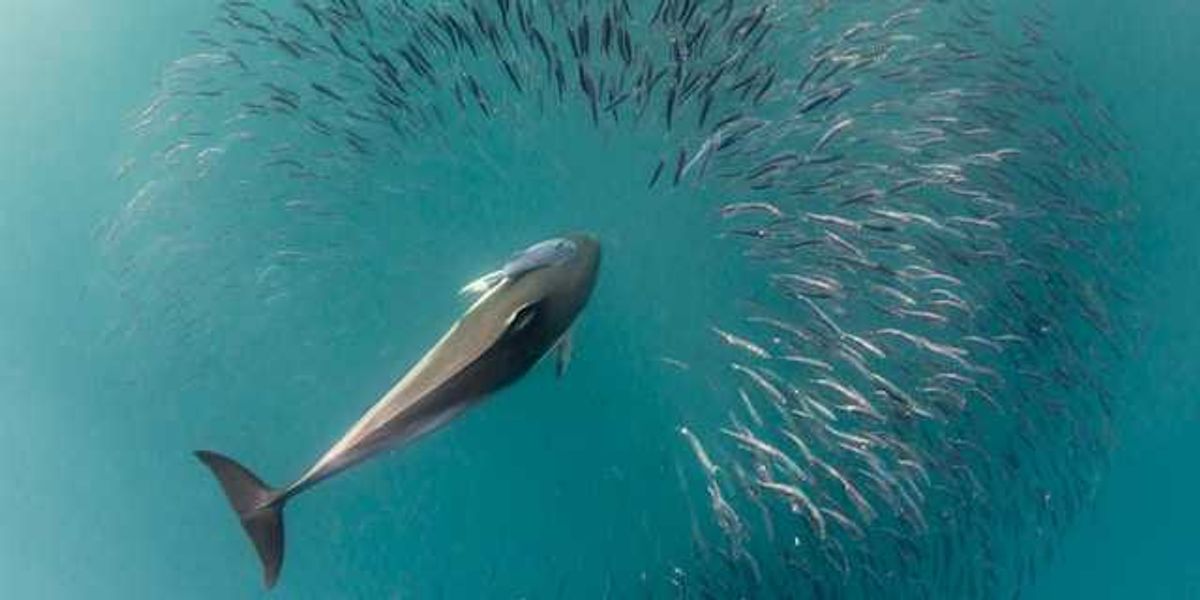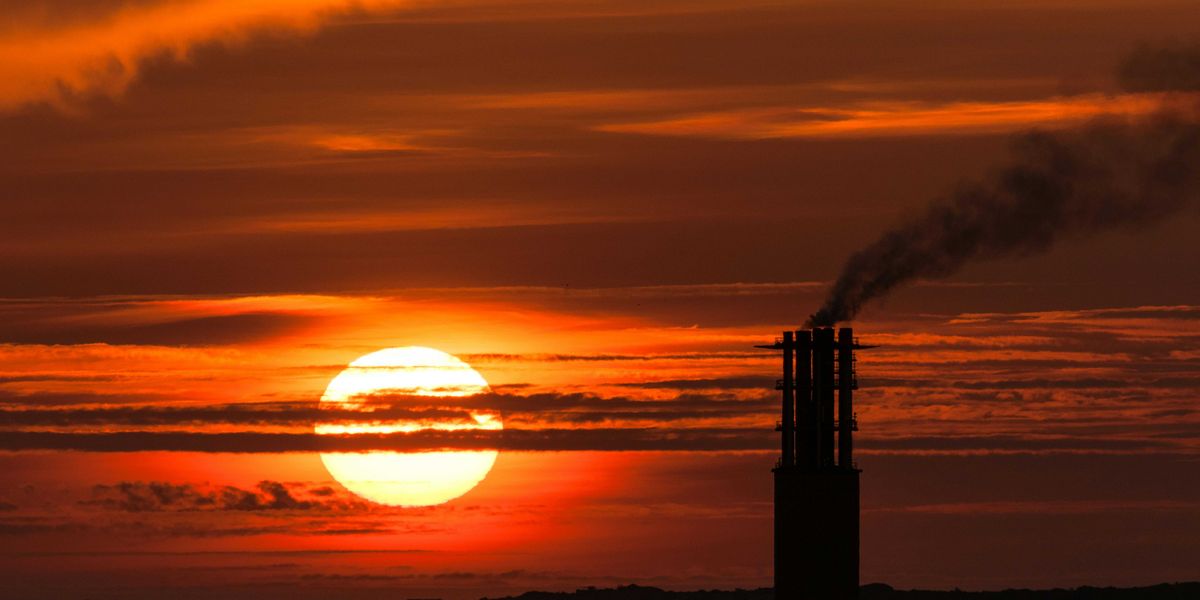Texas lawmakers quietly kill bills that would have stifled wind and solar power
A set of bills that aimed to restrict renewable energy development in Texas has stalled after House leaders declined to bring them to a vote before the legislative session deadline.
Saul Elbein reports for The Hill.
In short:
- Three Texas Senate-passed bills sought to limit renewable energy by restricting wind and solar development locations, mandating one-to-one gas offsets for new renewables, and requiring backup gas generation for existing projects.
- These measures, backed by far-right groups but opposed by much of the Texas business lobby, were subsequently not scheduled for House votes, effectively killing them this session.
- Despite the bills’ failure, advocates warn that local opposition and political pressure may continue to threaten renewable energy expansion in Texas.
Why this matters:
Texas leads the nation in wind power and is rapidly expanding its solar footprint, yet it remains a political battleground over the future of energy. The quiet defeat of these bills reflects a growing tension within the Republican party, where local economic gains from clean energy are clashing with ideological opposition to climate-friendly policy. Rural landowners, utilities, and developers stand to gain financially from renewables, while national and state conservative groups push to protect fossil fuels. This internal rift complicates efforts to modernize the grid amid rising electricity demand and climate-related stress. The failure of these bills offers a temporary reprieve, but with organized opposition mobilizing around local discontent and future legislation already in draft form, the fight over Texas’s energy future is far from over.
Learn more: Texas Republicans clash over future of renewable energy in battle for party’s soul













